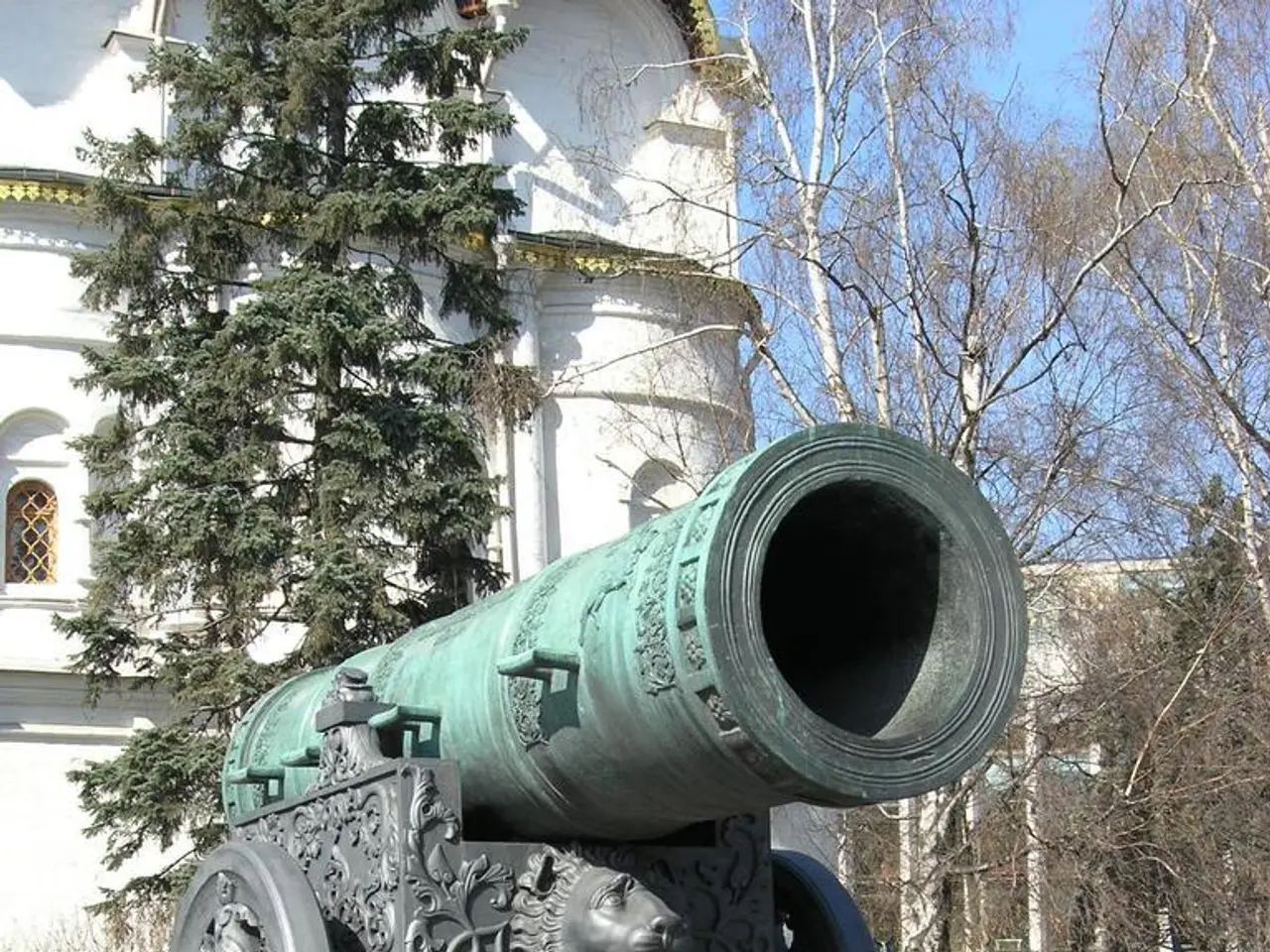Russian budget's tax income surged by 7%
Russia's Federal Budget Growth Driven by Diverse Non-Oil Sectors and Tax Reforms
Russia's federal budget is experiencing a growth of 5% for the year, with the key drivers being predominantly non-oil and gas revenues. These revenues have seen a significant increase of 27%, adding approximately 2 trillion rubles to the budget[1][2].
The manufacturing sector has contributed nearly half a trillion rubles, followed by the financial sector, construction, trade, and the IT industry among the top five contributors to this federal budget growth. The financial sector, construction, and trade are also performing well.
In terms of tax system reforms, Russia has fully transitioned to a progressive income tax scale in 2025. The Federal Tax Service (FNS) has also implemented an updated system of tax deductions, with the processing time for deduction requests reduced to 12 days.
The FNS has adopted a flexible tax deferral approach for sectors and regions facing challenges. For instance, enterprises in the Kursk and Belgorod regions have been granted a deferral of 7 billion rubles, while the coal sector has received a deferral of 47 billion rubles[1][2].
Moreover, the standard tax deductions have been increased, benefiting approximately 15 million people with a total of about 35 billion rubles in deductions. Starting from 2026, the NDFP rate for families with two or more children will decrease to 6%.
The IT sector has made it into the top five sectors performing well, and the FNS has introduced a new NDS payment system for a turnover of 60 million rubles under the simplified tax system. The processing industry has also seen nearly a trillion rubles in good results.
These reforms aim to balance increased revenues with targeted support to struggling sectors while maintaining the growth in non-oil tax revenues.
[1] Source for the article's information [2] Another source for the article's information (if available)
- The financial sector, manufacturing, construction, trade, and the IT industry are the top five contributors to Russia's federal budget growth, driven by diversification of revenues and tax reforms.
- The Russian government's tax system reforms include the full transition to a progressive income tax scale, an updated system of tax deductions, and a flexible tax deferral approach for struggling sectors, while maintaining growth in non-oil tax revenues.




